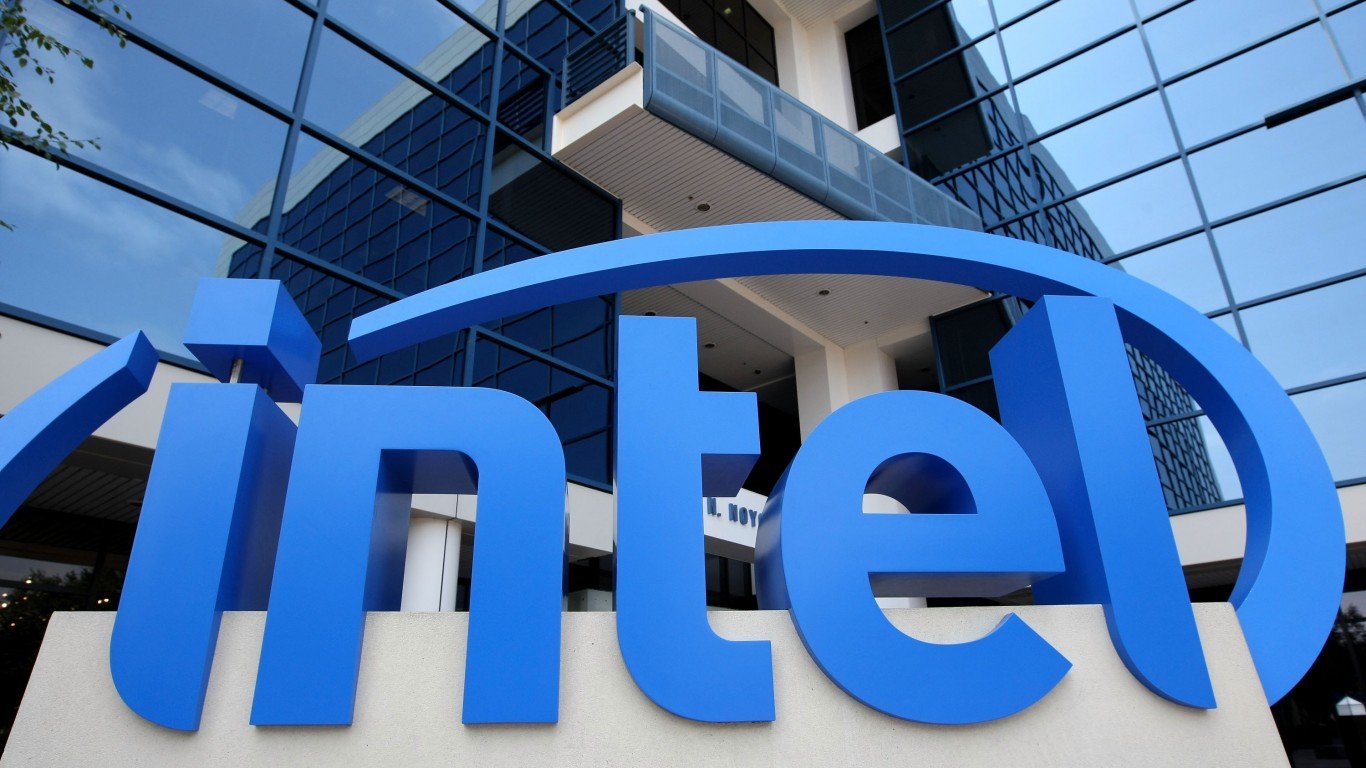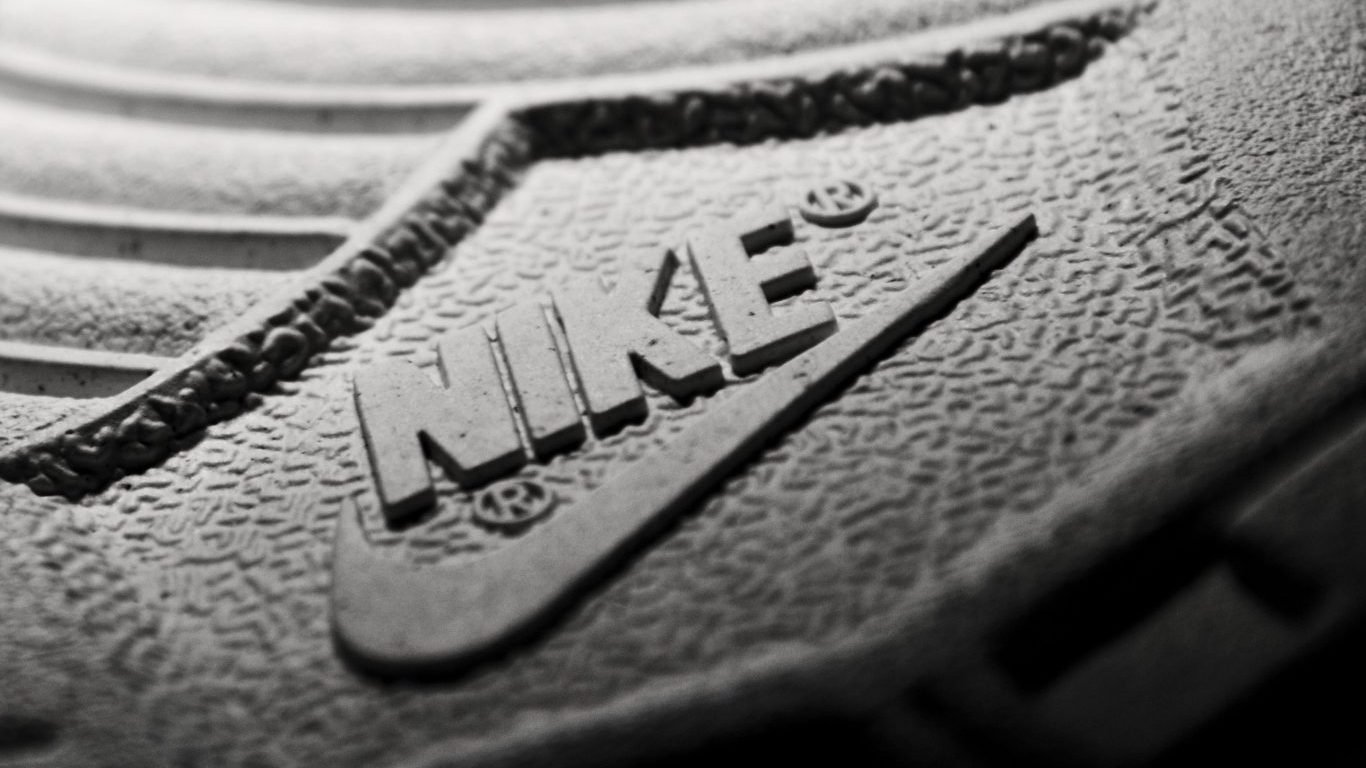

It takes a certain kind of courage to short sell blue chips, such as the Dow Jones industrial average components. Short sellers are betting on these companies to fail, or at least for their share prices to fall handily. Plus, those sellers are responsible for paying the dividends on the stocks they short.
Maybe it is little surprise that only two of the 30 Dow stocks had sizable short interest between August 31 and September 15; that is, more than 90 million shares short. A third of the index’s components had short interest of more than 20 million shares.
With the pandemic showing no signs that it will fade anytime soon, and a contentious election coming up, investors have been trying to figure out what to do next. They may wonder then what the short sellers have expected from some of the biggest, most well-respected names on Wall Street. It turns out that changes in short interest among the Dow stocks in the most recent period were mixed and mostly mild, as the markets retreated again from all-time highs.
As of the end of the month settlement date, the most recently reported period, short sellers still favored tech giants Intel Corp. (NASDAQ: INTC), Apple Inc. (NASDAQ: AAPL) and Microsoft Corp. (NASDAQ: MSFT) above all other Dow stocks. Note that both Exxon and Pfizer, previously the most shorted Dow stocks, are no longer included in the index.
Intel
> Shares short: around 138.01 million
> Change from prior period: −20.5%
> Percentage of float: 3.3
After the short interest more than tripled in the final weeks of August, some of that gain was taken back in the first half of this month. Note that the number of shares short was at a 52-week low as recently as mid-July. At the average daily trading volume at the end of the latest period, it would take short sellers about four days to cover their positions.
Rival Nvidia’s buyout of ARM could spell further trouble for already lagging Intel. Its shares ended the two weeks trading almost 2% lower. They had been up more than 2% earlier in the period, and they have retreated more recently. Note that the Nasdaq pulled back almost 5% between the most recent settlement dates.
Intel stock was last seen trading at $49.16 a share. While that is still up from the 52-week low of $43.63 from earlier this year, it is well off the $69.29 52-week high, also seen early this year. The latest share price is down almost 18% since the beginning of the year, while the Nasdaq has gained about 19% in that time.
Apple
> Shares short: around 90.22 million
> Change from prior period: 13.2%
> Percentage of float: 0.5
On a split-adjusted basis, short interest in the prior period was its lowest level since May. Yet, the number of Apple shares short rose again in the latest period, leading up to new product launches. At the average daily trading volume on the most recent settlement date, the days to cover figure was still less than one.
Some analysts saw more upside for Apple stock even though market cap pulled back from $2 trillion. Its share price ended the first half of September more than 10% lower than where it began, despite being up more than 4% early in the period. The S&P 500 retreated less than 3% during the short interest period.
Apple stock closed most recently at $108.22 per share, which is about 2% lower than a week ago. The split-adjusted 52-week low of $53.15 was seen back in March, and the 52-week high of $137.98 was reached early this month. The shares now trade more than 47% higher year to date and are up around 93% from the March low.
Thank you for reading! Have some feedback for us?
Contact the 24/7 Wall St. editorial team.
 24/7 Wall St.
24/7 Wall St.


